Norway's implementation of a universal free school lunch program marks a significant development in public health nutrition policy. This nationwide initiative reflects a comprehensive approach to child health, combining nutritional science with educational and social welfare objectives.
Program Overview
The mandatory school meal program operates under legislation requiring nutritionally balanced daily lunches for all primary and secondary students. The policy framework integrates with existing education and healthcare systems while establishing new quality standards for institutional food service.
Nutritional Guidelines
The program follows evidence-based dietary recommendations adapted for school-aged children. Macronutrient distributions align with physiological requirements for cognitive development and physical growth. Micronutrient adequacy receives particular attention to address common childhood deficiencies. Menu planning incorporates diversity principles to ensure broad nutrient coverage.
Food Quality Standards
Stringent procurement specifications govern ingredient selection. The standards prioritize whole foods over processed alternatives while maintaining practical preparation requirements. Nutritional parameters establish limits for added sugars, sodium, and saturated fats. Organic and sustainable production methods factor into sourcing decisions.
Health Objectives
The program targets multiple health outcomes through nutritional intervention. Primary goals include supporting healthy growth patterns and reducing diet-related noncommunicable disease risks. Secondary objectives address micronutrient sufficiency and establishment of lifelong healthy eating behaviors.
Implementation Framework
A decentralized administration model combines national oversight with local execution. Municipalities retain flexibility in operational delivery while adhering to core nutritional requirements. Standardized monitoring systems ensure consistent quality across diverse geographical regions.
Special Needs Provision
The program mandates accommodation of medical dietary requirements through individualized meal plans. Allergen management protocols maintain safe food preparation environments. Cultural and religious dietary practices receive systematic consideration in menu development.
Educational Integration
Classroom components reinforce nutritional learning through practical food experiences. The program aligns with national curriculum standards for health education. Teacher training programs incorporate nutrition competency development.
Sustainability Dimensions
Environmental considerations influence multiple program aspects. Food procurement emphasizes seasonal and regional availability. The program incorporates waste reduction strategies throughout supply chains. Carbon footprint calculations inform menu planning decisions.
Quality Assurance
A multilayered monitoring system evaluates program performance. Nutritional analysis verifies meal composition compliance. Regular audits assess implementation fidelity across participating institutions. Longitudinal tracking measures health outcome indicators.
Challenges
Geographical disparities in food access present ongoing implementation difficulties. Student acceptance factors require continuous menu adaptation. Workforce capacity building remains crucial for consistent program delivery. Budgetary constraints influence procurement options.
Policy Context
The school meal initiative complements broader national health strategies. Program design reflects current nutrition research and dietary surveillance data. The policy interfaces with agricultural and environmental regulations.
Evaluation Framework
Outcome measurement incorporates both process and impact indicators. Short-term assessments track program reach and operational metrics. Long-term studies examine health and educational attainment correlations.
Future Directions
Program expansion may address extended age groups and year-round service needs. Technological applications could enhance menu personalization. Research partnerships will investigate optimal nutritional interventions for adolescent populations.
Norway's national school meal program represents an innovative approach to public health nutrition. By combining scientific rigor with practical implementation strategies, the policy establishes a model for institutional food service reform. The program's comprehensive design addresses both immediate nutritional needs and long-term population health goals. Continued refinement will balance evolving nutritional science with operational realities in educational settings.

By Emily Johnson/Mar 29, 2025
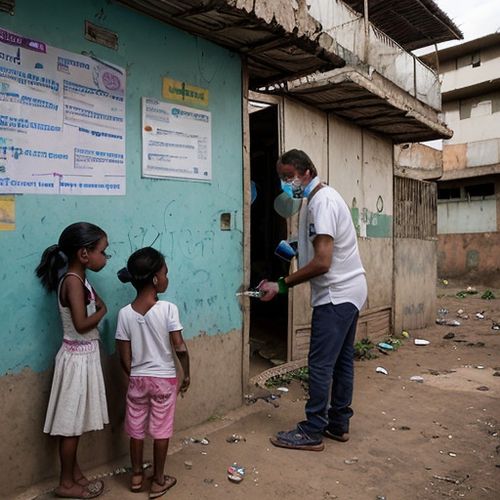
By Olivia Reed/Mar 29, 2025

By Benjamin Evans/Mar 29, 2025

By Jessica Lee/Mar 29, 2025

By Benjamin Evans/Mar 29, 2025
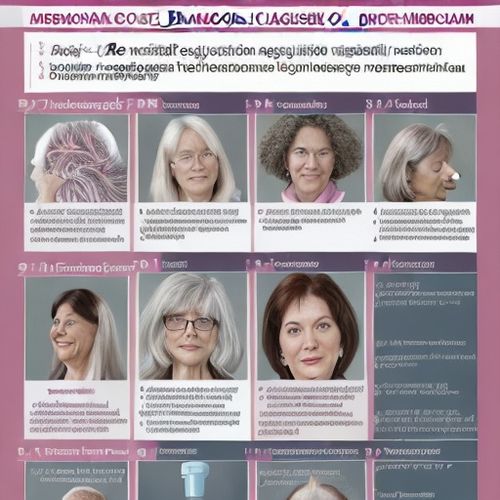
By Noah Bell/Mar 29, 2025
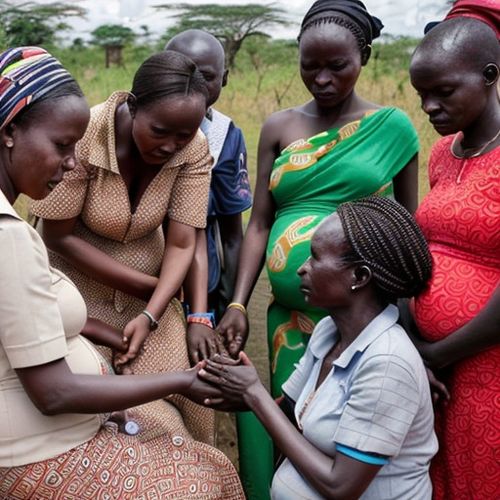
By Emily Johnson/Mar 29, 2025

By Grace Cox/Mar 29, 2025

By Megan Clark/Mar 29, 2025

By Sophia Lewis/Mar 29, 2025

By Joshua Howard/Mar 29, 2025

By Ryan Martin/Mar 29, 2025
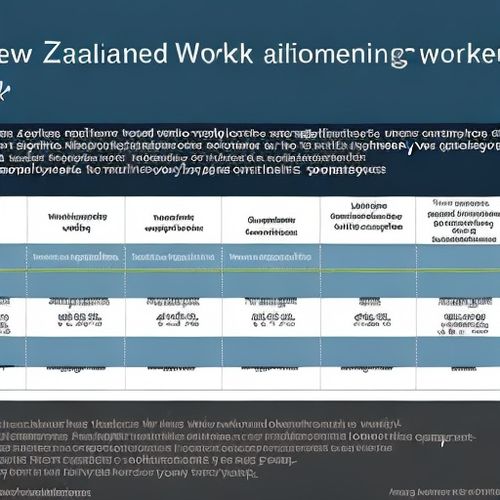
By John Smith/Mar 29, 2025

By Megan Clark/Mar 29, 2025

By George Bailey/Mar 29, 2025

By Ryan Martin/Mar 29, 2025

By Benjamin Evans/Mar 29, 2025
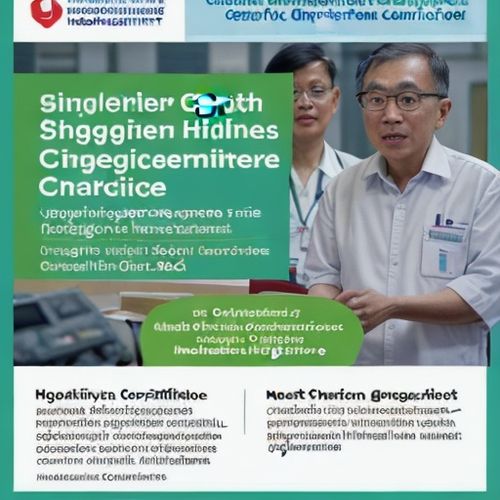
By Emma Thompson/Mar 29, 2025

By Lily Simpson/Mar 29, 2025

By Amanda Phillips/Mar 29, 2025